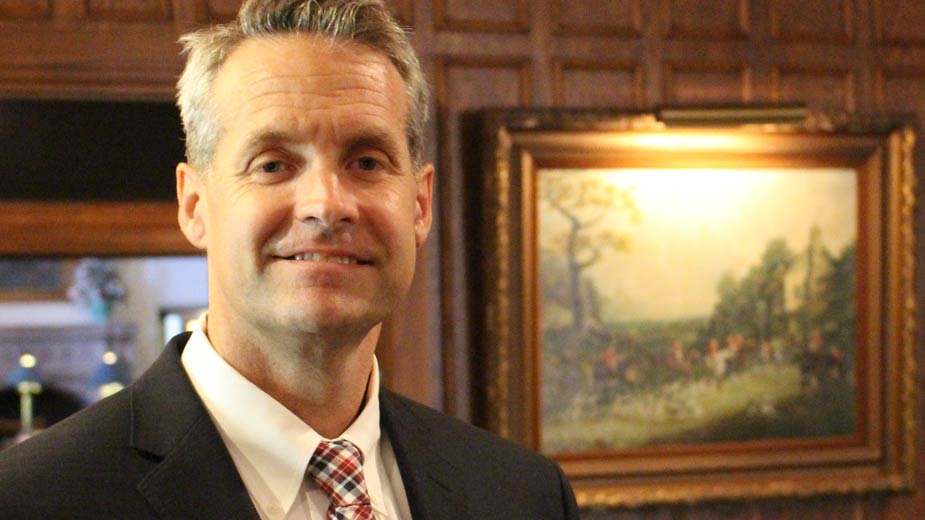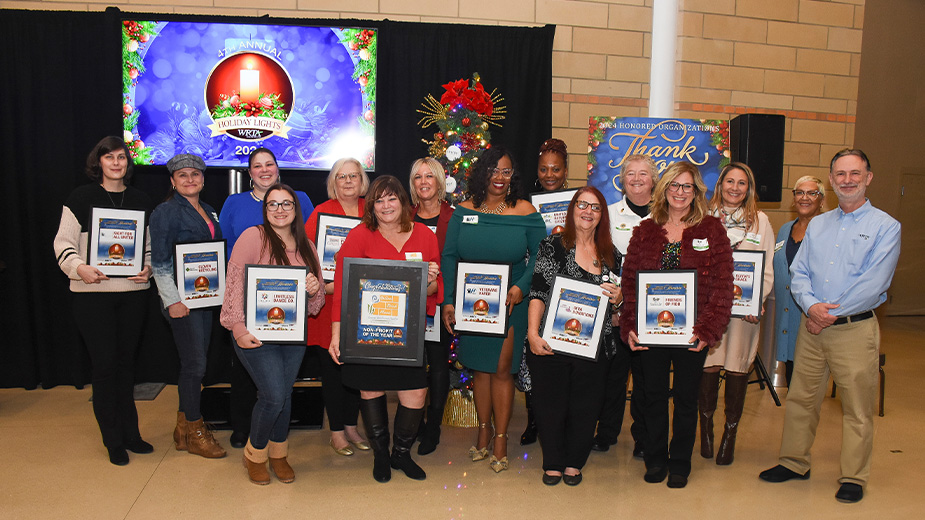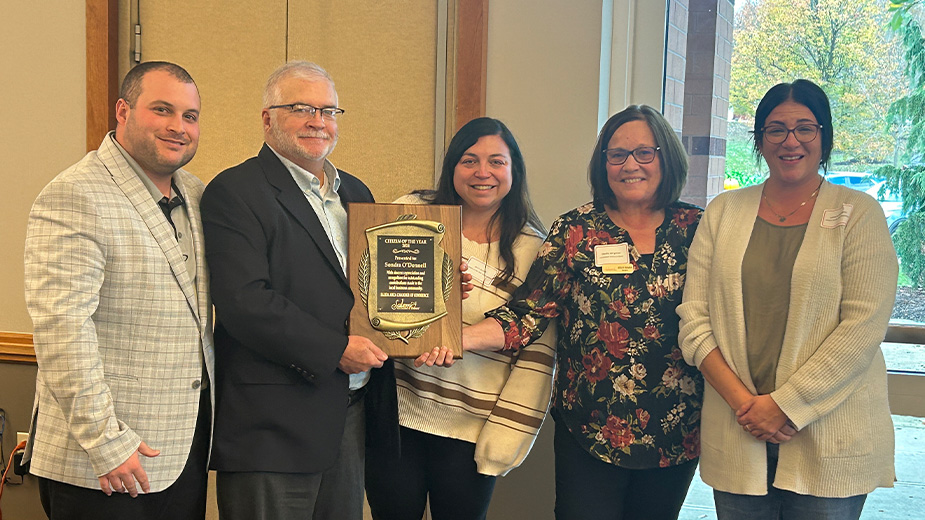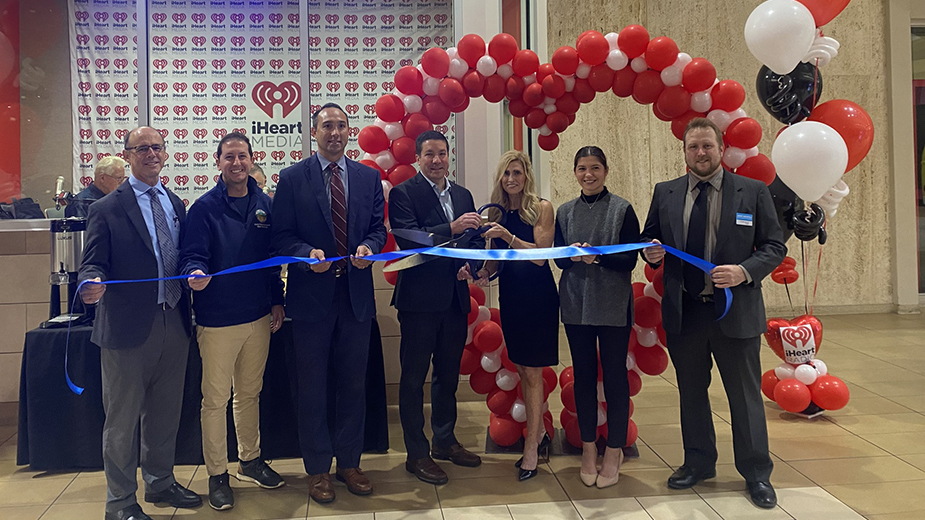Ohio Bar Chief to Lawyers: ‘Double Down’ on Humanity
YOUNGSTOWN, Ohio – The president of the Ohio State Bar Association urges local attorneys to “double down” on their humanity in the face of rising use of technology, including artificial intelligence, in the legal profession.
The advance of technology in the law was among the topics that Randall Comer addressed during OSBA District 13’s annual meeting Tuesday at the Youngstown Country Club. The district covers Mahoning and Columbiana counties.
Lawyers entered their profession because of their desire to help people, he said. When clients come to an attorney, they typically are in dire straits such as facing a lawsuit or legal charges, or the loss of a loved one, or feel their rights have been violated. “They are in the proverbial hurt locker,” he remarked.
The profession now is entering a “brave new world,” facing many of the same types of disruptions seen in other industries, such as transportation with Uber and retail with Amazon, he said. In the legal world, that disruption is exemplified by online legal services such as Rocket Lawyer and LegalZoom, and coming “very quickly in the form of artificial intelligence,” Comer said.
For instance, ROSS – an A.I. technology — is being piloted at large firms, where it is being used for bankruptcy law. Firms are exploring how to expand its use as well, so that it can do research and write memos that associates would now author.
“We certainly need to understand this technology and harness it to support us, but we cannot allow it to replace us and replace the most important quality that we possess – our humanity,” Comer stressed. “In a digital age when we are constantly yet superficially connected by email, text message, Facebook, Twitter and various other social media platforms, I urge you to double down on your humanity.”
While attorneys and their firms need to determine how best to harness the advancing technology, they must also ask what they can do for the betterment of the profession. A recent public opinion survey indicted that 56% of respondents would prefer to handle a legal problem on their own rather than engage an attorney to represent them, Comer said.
“Some of it is our DIY society,” he said. While that statistic might be hard to believe or accept, it is evidenced by an increase in pro se litigation as well as the proliferation of online legal advice.
Market research shows that clients are looking for ease of use when working with an attorney, instant response, transparency, fixed prices, certainty and mobility.
“That is exactly the model for Uber,” he said. “That’s what we’re experiencing. That is what we’re confronted with.”
“As counselors at law, I submit that we must place an even greater emphasis on our role as counselors,” Comer continued. “Eventually artificial intelligence will dispense clinical algorithmic legal advice by email or some other digital platform. However, artificial intelligence cannot provide clients what they need most when confronted with legal problems — compassion,” he said.
The rise of online legal service providers is an issue everywhere, including locally, affirmed Tracie Schmidt, president of the Mahoning County Bar Association. “We’re not avoiding these in this area at all,” she said.
The meeting provided the opportunity to recognize attorneys James Messenger of Youngstown and David Sabine of Poland, who have practiced 50 years, as well as Earl Miller of Salem, Daniel Rossi of Youngstown and Robert Tablack of Youngstown, each of whom have 65 years in the profession.
All have “distinguished records of service,” Comer said.
“Today we honor them, but more importantly we’re holding them as examples, as the ambassadors that they are, the professionals that they are,” he said. “These are the examples of what we can all strive to be.”
Rossi pointed to changes in the enlistment of lawyers as the key change since he entered the profession. One of the requirements put in place in the years since he became a lawyer – the bar exam – is one he would like to see eliminated, he said. Having to take the exam following seven years of education is “totally unnecessary,” he said.
“If you talk to a law student who took the bar, he thinks it’s the most horrible thing,” he said. “The fear of not passing it after all of those years of education not being licensed to practice because you didn’t score on the bar, it’s atrocious.”
Copyright 2024 The Business Journal, Youngstown, Ohio.



